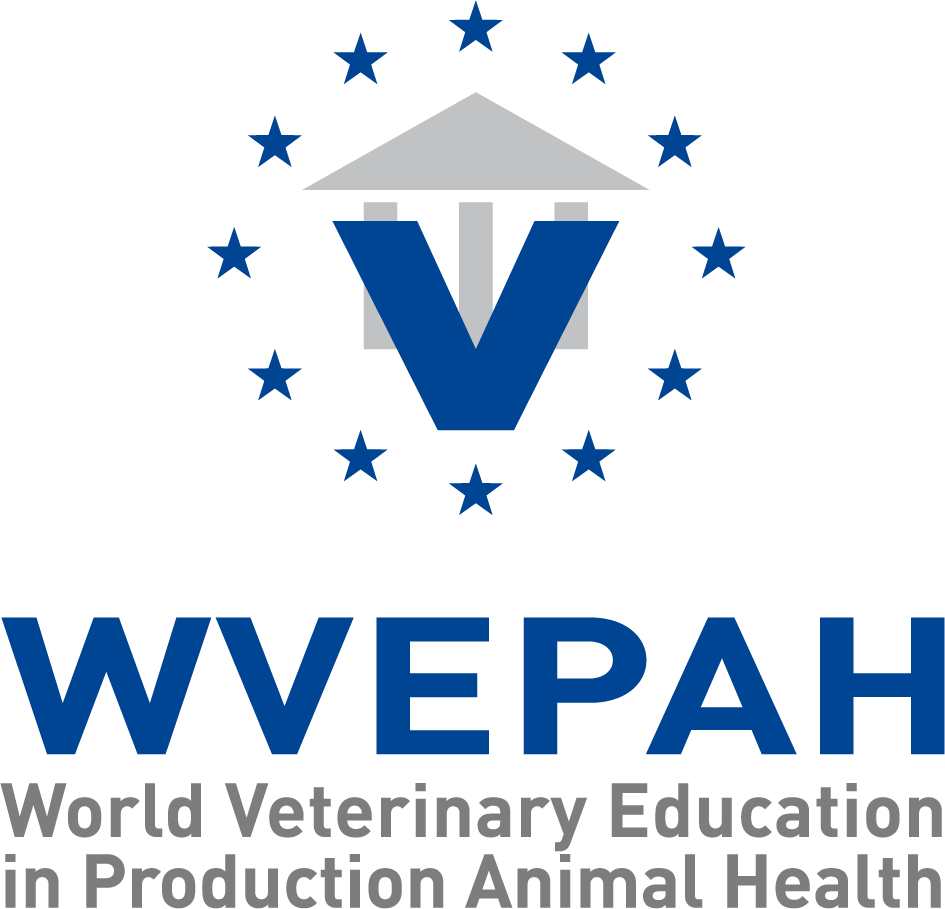Professional Certificate in Animal Health
Shown for informative purposes
In collaboration with
Training programs and certifications for professionals
The World Veterinary Education in Production Animal Health (WVEPAH) Professional Certificate in Animal Health: Poultry, Swine Production or Aquaculture health management is awarded in accordance with the Université de Montréal’s requirements and standards.
The Certificate program provides structured training for veterinarians and animal production professionals who are seeking to enhance their skills and expertise in the fields of Poultry, Swine or Aquaculture health management.
This structured educational program allows participants to reach international standards for these animal health specialties, in accordance with the requirements of the WOAH.
Learn from the best in the world: Training programs for professionals, by professionals.
If you are a professional working in the field of poultry or swine production or aquaculture, the high-quality continuing professional development from the WVEPAH is for you! Take advantage of this opportunity to improve your knowledge and have your skills officially acknowledged with an internationally recognized academic diploma validated by the WOAH.
Our high-quality field-oriented training is made possible by having small groups of participants, real clinical case studies, modern facilities, practical workshops, and an internationally recognized teaching Faculty.
The WVEPAH program can lead to...
Certificate: Diploma obtained by individuals who have completed all requirements: passing the exam administered following both learning modules I and II, and successfully providing 25 case studies or 3 short review papers.
Attestation of participation: this is the equivalent of the document given for continuing education purposes. It is not a diploma, but it acknowledges that the individual participated in one of the wvepah courses. No examination is required.
Veterinarians can further their professional development and obtain the recognition of new skills and expertise with the ‘ Veterinary Medecine Certificate in Animal Health (VMCAH) in Aquaculture, Poultry or Swine Production. Animal production professionals (non-veterinarians) will do the same by obtaining the ‘Professional Certificate in Animal Health (PCAH) : in Aquaculture, Poultry or Swine Production.
The official title is in English. These certificates are delivered by Université de Montréal and recognized worldwide by WOAH. The recipients have, de facto, the status of international experts in poultry, aquaculture or swine health management.
Veterinary and animal production professionals receive a letter of "Attestation of Participation" after completing each module, if they have participated in at least 80% of the whole course content. The attestations are issued as soon as the participants reach this target and no later than one year after the end of the residential courses (or the end of the Module I course). Please note that this 80% participation requirement applies only to receiving the Attestation of Participation and is not necessary to pass the course. To successfully complete the module and qualify for the certification diploma, only the final exam is mandatory.
At the end of each module, veterinary participants can validate their knowledge through a multiple-choice exam. The Module II exam will be held two months after the residential session, while the Module I exam is scheduled for December, with a retake option offered in January or February. Participants will be provided with all necessary details regarding the exam schedule and format in advance. Following the successful completion of both the ‘Module I General’ and a ‘Specialized’ Module II, candidates are required to submit 25 well-documented clinical case reports (or 3 short review papers), which account for 50% of the final grade. A model template is provided to assist students in structuring their case reports. The passing grade for all evaluations is 60%.
After the exam, the exam committee will evaluate all the grades obtained by the candidate from the multiple-choice exam and the clinical cases or short review papers and then issue the certificates. The WOAH then officially validates the ‘regulatory’ part of the diploma.
The certification corresponds to a total of 50 ECTS credits. Module I and Module II each provide 10 ECTS credits, and the clinical cases provide 30 ECTS credits.
“The European Credit Transfer and Accumulation System (ECTS) is a tool of the European Higher Education Area for making studies and courses more transparent. It helps students to move between countries and to have their academic qualifications and study periods abroad recognised. ”





